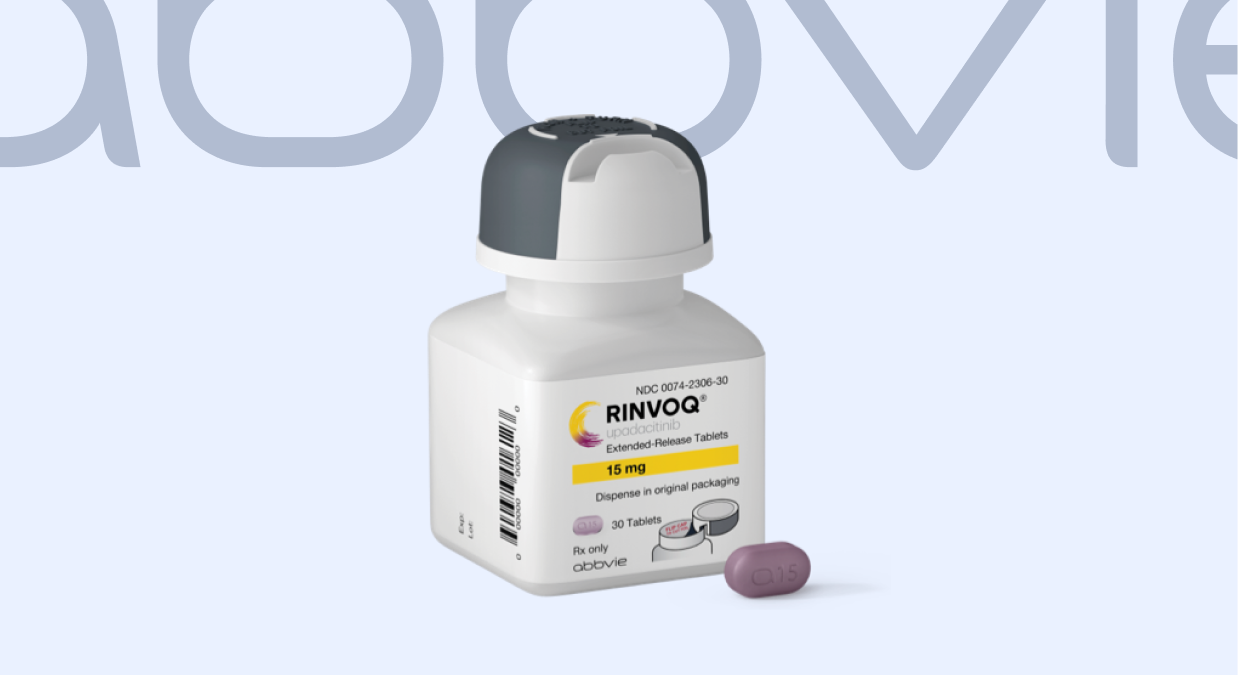AbbVie Reports Positive Pivotal Data For Phase 3 RINVOQ® In Severe Alopecia Areata Patients
AbbVie reports Phase 3 success for RINVOQ® in alopecia areata, with up to 55% patients achieving 80%+ scalp hair regrowth at 24 weeks.
Breaking News
Aug 23, 2025
Vaibhavi M.

AbbVie announced positive topline results from the second pivotal Phase 3 study in its UP-AA clinical program evaluating upadacitinib (RINVOQ®; 15 mg and 30 mg, once daily) in adult and adolescent patients with severe alopecia areata (AA). Patients enrolled had a mean baseline SALT score of 84.0, corresponding to roughly 16% scalp hair coverage.
"These positive results strengthen the growing body of evidence supporting the potential of upadacitinib to improve the lives of people with AA. We are very encouraged by the improvements in both scalp and non-scalp hair regrowth observed with both doses of upadacitinib and look forward to submitting these data to regulatory bodies, bringing us one step closer to delivering upadacitinib to those living with this complex immune-mediated disease," said Kori Wallace, M.D., Ph.D., vice president, global head of immunology clinical development, AbbVie.
In Study 1, both doses of upadacitinib achieved the primary endpoint, with 45.2% (15 mg) and 55.0% (30 mg) of patients achieving at least 80% scalp hair coverage (SALT ≤ 20) at week 24, versus 1.5% with placebo (p<0.001). Secondary endpoints were also met, including improvements in eyebrow and eyelash hair regrowth, and a notable proportion of patients achieved near-complete (SALT ≤ 10) or complete (SALT = 0) scalp hair coverage. These results are consistent with outcomes from the previously reported replicate study (Study 2).
"People living with AA often face considerable uncertainty related to both the severity and duration of hair loss, despite current treatment options. These encouraging results are consistent with and reinforce the outcomes observed in the first pivotal trial. Together, these findings underscore the potential of upadacitinib to provide meaningful hair regrowth, offering hope for those enduring the psychosocial burden associated with this disease," said Arash Mostaghimi, M.D., M.P.A., M.P.H., associate professor of dermatology and vice chair of clinical trials and innovation, Brigham & Women's Hospital, Harvard Medical School.
The safety profile of upadacitinib in the 24-week, placebo-controlled period was generally in line with that observed in approved indications. Serious adverse events occurred in fewer than 2% of treated patients, and discontinuations due to adverse events were infrequent. The most common treatment-emergent events included upper respiratory tract infection, acne, elevated blood creatine phosphokinase, and nasopharyngitis. Serious infections were rare, and no adjudicated major cardiovascular events, venous thromboembolic events, or deaths were reported.
